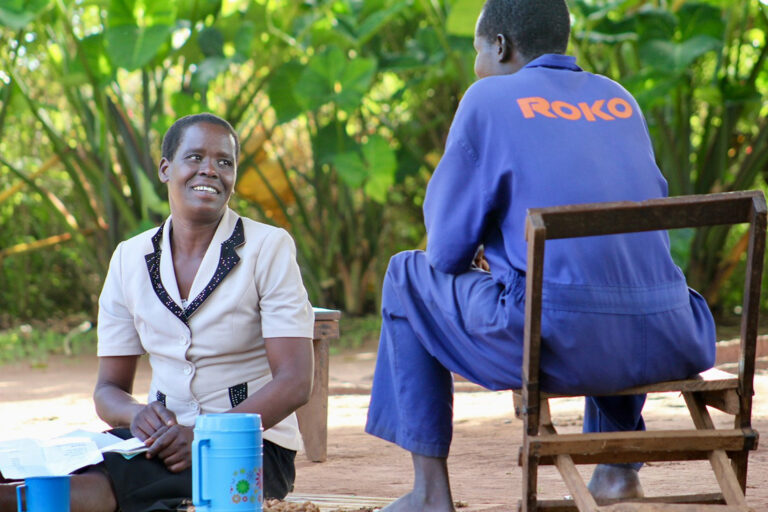More than 2.4 million people in Ghana are estimated to be living with various mental health conditions, 98% of them still lacking access to medication and to qualified service providers. The inadequacy of treatment, together with the associated stigma, means people like Adom often turn to spiritual healers, or shy away from any help whatsoever.
Among its efforts to improve mental health service delivery, the government of Ghana developed the country’s National Mental Health Policy 2019–2030. The policy aims to decentralise mental health care services by integrating them into primary health care.
The intention is to make high-quality mental health treatments available to everyone in the nation who needs them, including those who are vulnerable or unable to pay for care, with the help of donors and the government. The policy also directs the regulation of mental health care providers’ and facilities’ activities, including training.
Dr. Amma Boadu, the deputy director for mental health at the Ghana Health Service, states, “We continue to explore all avenues to ensure that we strengthen our mental health service system into one that responds fully to the needs of clients.”


